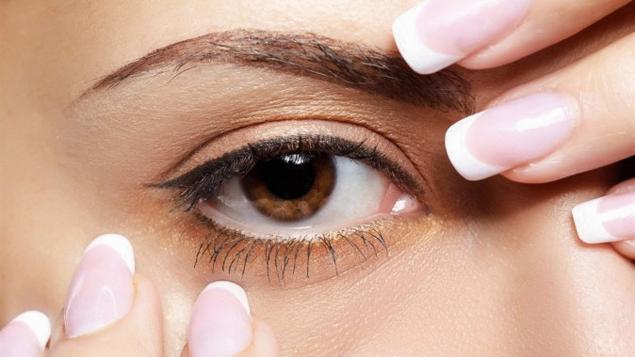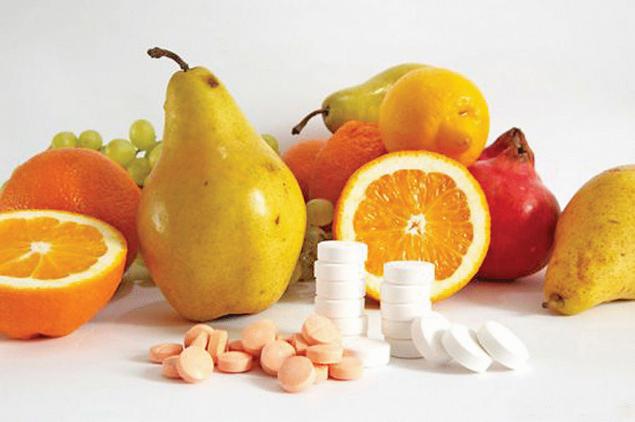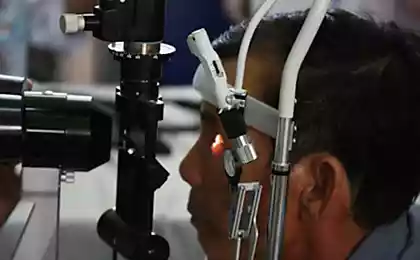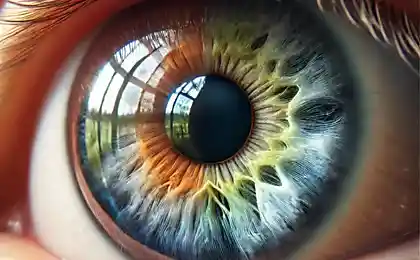197
Alternative treatment for glaucoma
It is estimated that 5 to 15 percent of glaucoma patients spend billions of dollars annually on alternative drugs based on their belief that it will cure glaucoma.
Famous, patented over-the-counter medicines are not regulated by the FDA (compared to prescription drugs) and may not always contain the ingredients that are claimed on the label. It is unlikely that there will be a significant analysis of such drugs in the near future. Well-controlled studies will require years of objective observation.

Who is at risk for developing glaucoma?
Anyone can get glaucoma, but there are factors that increase the risk of developing the disease:
- Some ethnic groups: Glaucoma is six to eight times more common in African Americans than in white people. Mexican Americans, Asian Americans and Japanese Americans are also at increased risk of developing the disease.
- Over 60 years: The risk of glaucoma increases as soon as a person is over 60 years old.
- Chronic diseases: Diabetes, high blood pressure, heart disease and hypothyroidism all increase the risk.
- Heredity: If someone in the family has glaucoma, it can increase the risk.
- Eye trauma and myopia: Eye damage, such as retinal detachment, eye tumors, eye inflammation, and myopia, increases the risk of developing this disease.
- Use of corticosteroids: Long-term use of these drugs likely increases the risk, especially corticosteroid eye drops.
- Blurred vision
- Problems with the breathing apparatus
- Memory impairment
- Reduced heart rate
- Burning or tingling in the eyes
What Natural Supplements Can Help?

Vitamin C
Vitamin C has been successfully used to treat internal eye pressure, usually in a weekly period, during which certain positive results are achieved. Vitamin C can also enter the body in the form of sodium ascorbate.
flavonides
Perhaps one of the best natural treatments for glaucoma is a daily daily dose of flavonoid complex supplements. These supplements have all five mandatory flavonoids: lavones, flavanones, flavonols, anthocyanins, catechins and. They are not only shown for a promising cure for glaucoma, but are also good for the overall health of the body as a whole.
Germania
This increases the supply of oxygen to the eyes, helping to clear stagnation in the process. Organic germanium is found in medicinal herbs that grow in nature. Many medical studies have found that germania can be an excellent remedy when it comes to vision and eye diseases.
turmeric
Turmeric, also known as Curcuma Longa, contains a pigment called curcumin, which acts as an excellent component in the natural treatment of glaucoma due to its anti-inflammatory properties. It also has antioxidant properties and can help with other ailments. The effect of this treatment is comparable to the analgesic effects of ibuprofen, cortisone and phenylbutazone.

Blueberries
Called Vaccinium Myrtillus, it can help stabilize collagen in the body. Blueberries also prevent damage caused by high blood pressure due to its anti-oxidation properties in the eyes.
melatonin
This supplement helps reduce internal eye pressure. 0.5 mg of melatonin is ideal as a daily supplement.
Magnesium
A daily dosage of magnesium supplementation would also have a remarkable effect on the natural treatment of glaucoma. This element is extremely useful in regulating internal eye pressure because it dilates blood vessels. Magnesium also sharpens vision by improving blood flow to the eyes.
Source: eco-portal.kz























